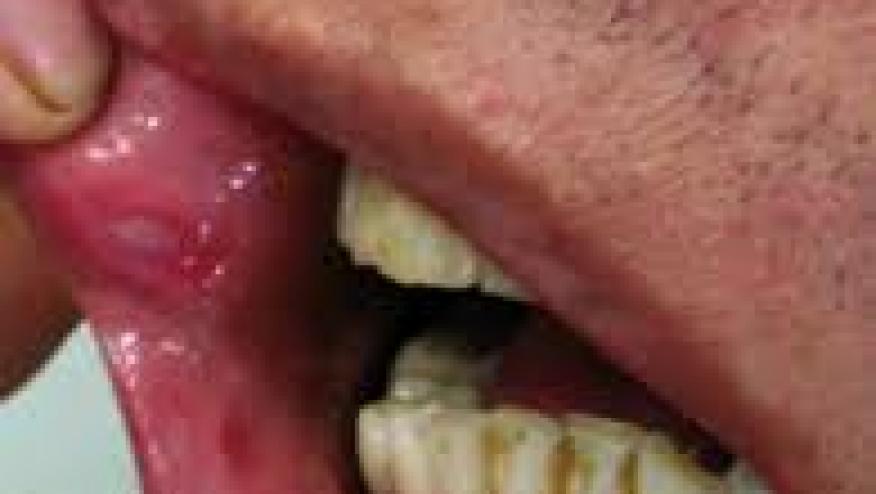New EULAR Guidelines on Behçet's Save

At the EULAR 2016 meeting, new EULAR recommendations for the management of Behçet's disease (BD) were presented. These were developed by a multidisciplinary expert committee that reviewed the evidence from the medical literature and developed final set of 9 recommendations:
- Any patient with BD and inflammatory eye disease affecting the posterior segment should be on a treatment regime, which includes azathioprine and systemic corticosteroids.
- If the patient has severe eye disease defined as >2 lines of drop in visual acuity on a 10/10 scale and/or retinal disease, (retinal vasculitis or macular involvement), it is recommended that either cyclosporine A or infliximab be used in combination with azathioprine and corticosteroids; alternatively interferon-alpha with or without corticosteroids could be used instead.
- There is no firm evidence to guide us in managing major vessel disease in BD. For the management of acute deep vein thrombosis in BD immunosuppressive agents like corticosteroids, azathioprine, cyclophosphamide or cyclosporine are recommended. For the management of both pulmonary and peripheral arterial aneurysms, cyclophosphamide and corticosteroids are recommended.
- Similarly there are no controlled data on, or evidence of benefit from uncontrolled experience with, anticoagulants, anti-platelet or anti-fibrinolytic agents in the management of deep vein thrombosis or for the use of anticoagulation for the arterial lesions of BD.
- There is no evidence based treatment that can be recommended for the management of gastrointestinal involvement of BD. Agents such as sulfasalazine, corticosteroids, azathioprine, TNF antagonists or thalidomide should be tried first before surgery, except in emergencies.
- In most patients with BD, arthritis can be managed with colchicine.
- There are no controlled data to guide the management of CNS involvement in BD. For parenchymal involvement agents to be tried may include corticosteroids, interferon-alpha, azathioprine, cyclophosphamide, methotrexate and TNF antagonists. For dural sinus thrombosis corticosteroids are recommended.
- Cyclosporine should not be used in BD patients with central nervous system involvement unless necessary for intraocular inflammation.
- The decision to treat skin and mucosa involvement will depend on the perceived severity by the physician and the patient. Mucocutaneous involvement should be treated according to the dominant or co-dominant lesions present. Topical measures (i.e. local steroids) should be the first line of treatment for isolated oral and genital ulcers. Acne-like lesions are usually of cosmetic concern only. Thus, topical measures as used in acne vulgaris are sufficient. Colchicine should be preferred when the dominant lesion is genital ulcer or erythema nodosum. Leg ulcers in BD might have different causes. Treatment should be planned accordingly. Azathioprine, interferon-alpha and TNF antagonists may be considered in resistant cases.
These recommendations were developed for the management of different aspects of BD. Recommendations on vascular disease, neurological and gastrointestinal involvement are based mainly on expert opinion.










If you are a health practitioner, you may Login/Register to comment.
Due to the nature of these comment forums, only health practitioners are allowed to comment at this time.